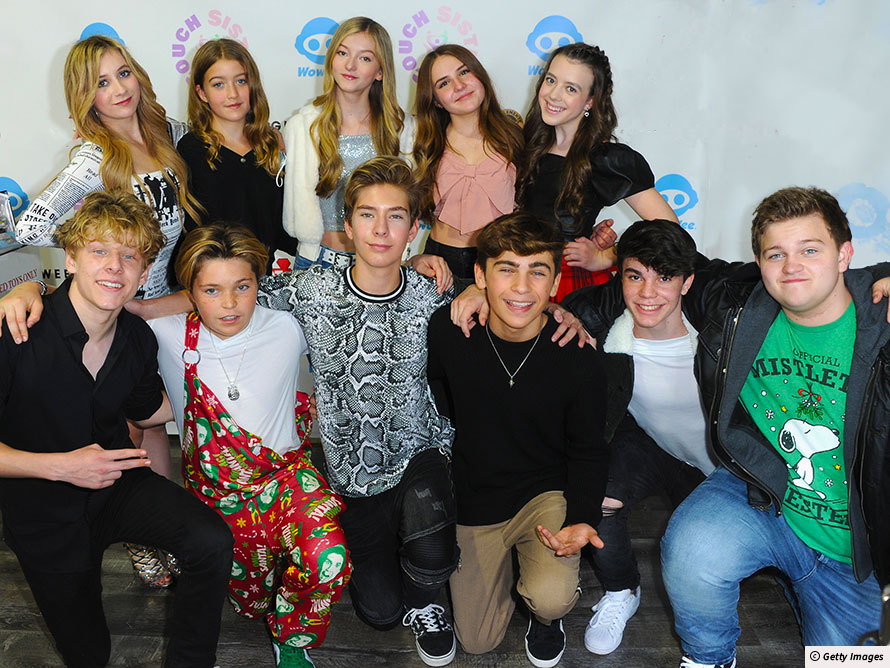Do we need new laws to protect children? A new documentary reveals the horrific truth behind an influencer empire. Some think regulation is urgently needed.
Dark side of ‘kidfluencers’ revealed
 Child stars: Piper Rockelle (second right, back row) and the squad would film up to 15 videos per day. Rockelle is still only 17 years old.
Child stars: Piper Rockelle (second right, back row) and the squad would film up to 15 videos per day. Rockelle is still only 17 years old. Glossary
Influencers - People who influence others on social media.
Vlogs - Video blogs.
Pseudo - Pretend or not genuine.
Trust - Believe or have faith in something or a legal arrangement where money is held for somebody's benefit (usually a child's).
Scapegoat - A person who is made to take the blame for the wrongdoings of others. The term originates from a ceremony during the Jewish holy day Yom Kippur, in which the sins of the people were symbolically placed upon a goat. The goat was then sent into the wilderness.
